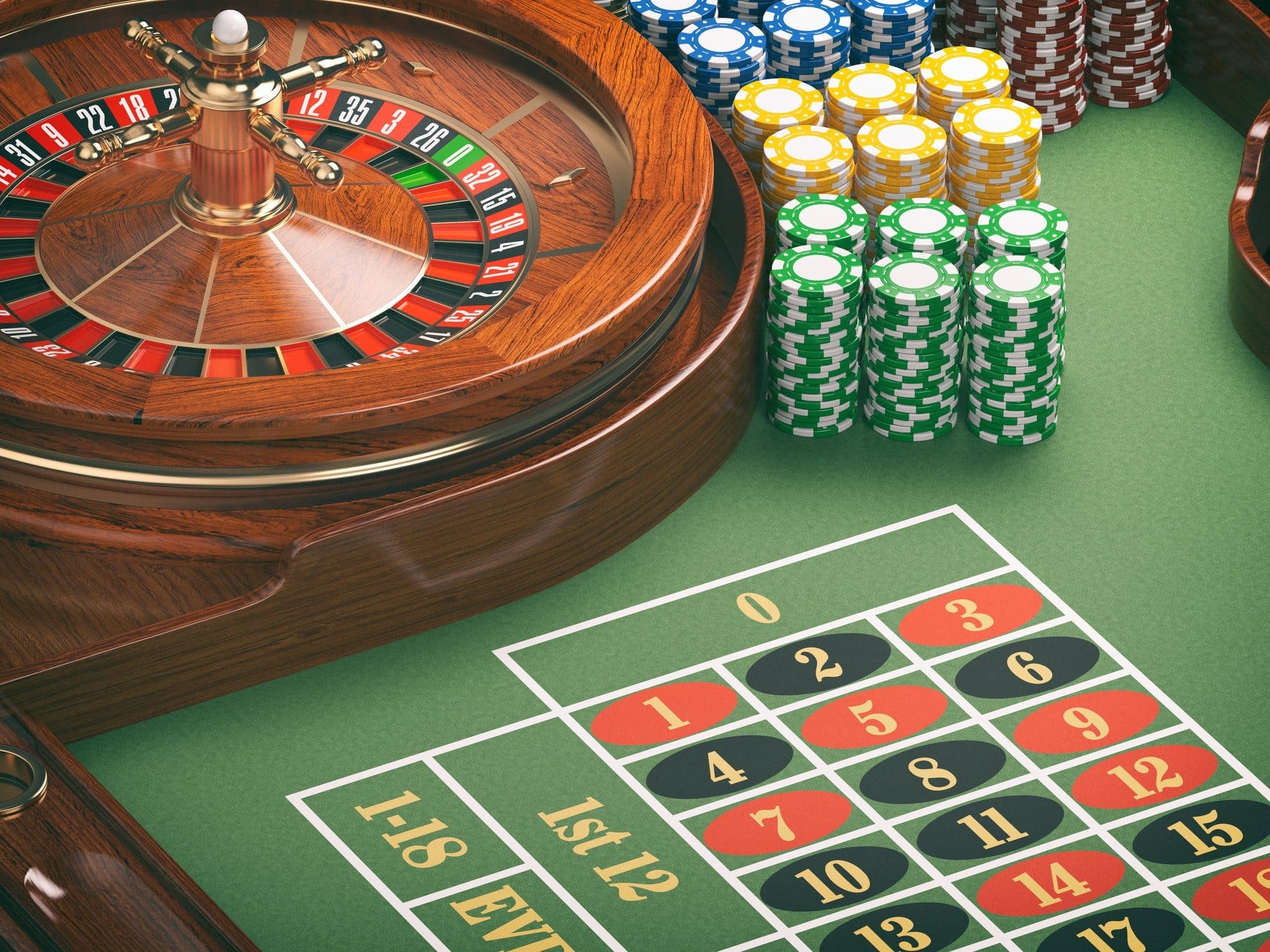
Casino entertainment have long been a captivating form of entertainment, drawing millions of players from varied cultures around the globe. From the opulent casinos of the Strip to the bustling gambling halls of Macau, these games serve as a link that connects people across various backgrounds. The allure of luck, tactics, and uncertainty entices not only those looking to strike it rich but also those in search of a feeling of belonging.
The influence of casino games extends significantly past the gaming floor. They often represent the cultural standards and beliefs of the cultures in which they flourish. Games such as Texas hold ’em, 21, and roulette have embedded themselves into the tapestry of popular culture, influencing various aspects from movies to clothing. As we explore this intriguing intersection of chance and life, we can comprehend better how casino games shape and are shaped by the world around us.
Historical Progression of Gaming Activities
The roots of casino games can be followed back to historical cultures, where gambling in multiple forms was extensively engaged in. In the East, around 2300 BC, a variant of lottery known as Keno was well-known, while in historic Rome, soldiers would regularly wager on the consequences of their matches. The concept of using randomness for amusement and gain developed over the ages, leading to the formation of more organized activities. By the end of the Middle Ages, gambling houses began to emerge in the continent, particularly in Italy, which brought forth early forms of famous games still practiced today.
As betting gained popularity in Europe, the 17th and 18th centuries saw the emergence of casinos as specialized establishments for gambling. The first official gambling house, the Ridotto, was established in the Venetian city in 1638, featuring games like the game of Baccarat and Faro games. This era marked a crucial pivoting point, as casinos began to attract not just the high society but also the burgeoning middle class. The sophistication of games increased, leading to the introduction of new rules and versions that enriched the play experience.
In the 19th century, the industrial revolution and changes in societal norms further changed the terrain of gambling activities. The arrival of the game of roulette and modern slot machines attracted a broader clientele, and casinos became seen as legitimate forms of fun. This era witnessed the international spread of gambling, as gambling houses spread from Europe to the Western Hemisphere, culminating in the creation of the iconic Strip of Las Vegas in the 20th century. The development of gaming activities has continued into the current era, including new technologies and online sites, rendering them accessible to a universal market.
## Cultural Significance within Different Communities
Gambling games have deep-rooted social importance in many cultures around the globe. For instance, in Las Vegas, the very fabric of the urban landscape is woven around gaming venues, where playing is not just a hobby but a key aspect of leisure and community life. The vivid lights and lively atmosphere attract millions, showcasing how casino games can impact local economies and local cultures. This environment transforms the notion of leisure into an enriching event that shapes apparel, sound, and even cinema.
Conversely, some communities view wagering with an air of caution, seeing it through the lens of ethical considerations and customs. UK casino not on GamStop For example, in various Oriental communities, games like Mahjong and Pai Gow are steeped in history and possess significant social implications. These games are often played during get-togethers and occasions, fostering social ties and reinforcing family ties. The act of engaging in these games goes above mere amusement, reflecting ethics such as respect for elders and the significance of communal fun.
Simultaneously, in Western countries such as Monaco and Italy, gambling activities serve as symbols of wealth and sophistication. The refined atmosphere of these locations attracts both tourists and locals, upholding a sense of prestige and exclusivity. The art of poker and the strategic elements of games like banker’s game are appreciated, shaping social dynamics and cultivating an allure that enthralls a varied audience. This emphasizes how casino games can concurrently echo and mold cultural perspectives towards danger, benefit, and social interaction.
Financial Influence and Travel Industry
Casino games play a significant role in the economic landscape of many regions, particularly those that rely heavily on visitor traffic. The revenue produced from gambling establishments fuels local financial systems, creating employment opportunities not only within the casinos but also but also in related sectors such as hospitality, restaurant services, and recreation. This influx of tourists, drawn by the attraction of gambling and the overall gaming environment, stimulates expenditure across multiple businesses, contributing to the economic vitality of the region.
The presence of casinos often leads to the development of facilities, including lodging, public transit, and recreational facilities. These developments are essential in enhancing the overall visitor satisfaction, making destinations more attractive to visitors. Additionally, many casinos invest in local communities through support of events and charitable activities, further embedding themselves into the community structure of the region. Such contribution not only supports economic growth but also fosters a positive reputation of the gambling sector.
In addition, the worldwide appeal of casino games drives competitive tourism, with locations vying to attract players from around the world. Iconic destinations like Las Vegas and Macau have become synonymous with casino culture, drawing millions each year. This competitive edge encourages innovation and variety within the gaming industry, influencing developments in leisure and accommodation that resonate beyond their borders. The consequences of this visitor influx extend far, impacting local financial health and cultural exchanges on a global scale.